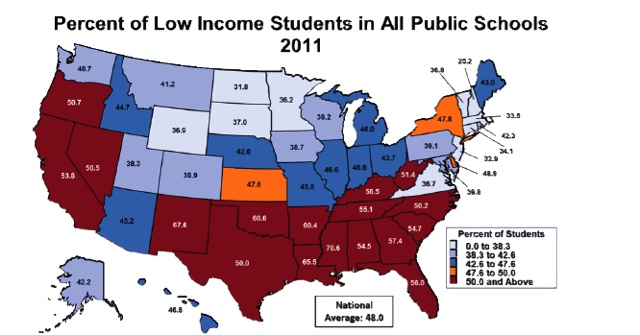IS THERE REALLY A POINT TO IT ALL?
 “Where is the wisdom we have lost in knowledge? Where is the knowledge we have lost in information?” — T.S. Eliot
“Where is the wisdom we have lost in knowledge? Where is the knowledge we have lost in information?” — T.S. EliotThat quote by Eliot has been resonating lately with me. I find myself reading about and looking at all this focus on rigor, high quality seats, and test performance, and asking myself, what does it really mean? Please don’t get me wrong. I’m a huge proponent for education, but I find myself questioning our focus. Ten years after a child leaves school, does it really matter if they scored a 20 or a 21 on the ACT, or if they are in the top 20% versus the top 5% of their class? If all that rigor does somehow translate into financial success, are our children equipped to really experience all that life has to offer? Does getting into Harvard make you any better at navigating the challenges life throws at you than say, going to Tennessee State would? If a child’s developmental years are all spent chasing some high-performance metric, how will they live when things settle into the mundane day-to-day rhythms that life always brings, or is this the generation that will break those rhythms and do nothing but exceptional things 24/7?
Perhaps that’s what it will be. Maybe the next generation will do nothing but create exceptional businesses and tackle exceptional challenges. They will read only exceptional books and listen only to exceptional music. I certainly hope not because they’d miss out on the joy of dancing around the living room to “Shake It Off” with your five-year-old or chuckling at an old episode of “Benny Hill.” It’s just that I look at this constant drum of high achievement, and I can’t see a translation to real life. I can’t help but think that we are squeezing children for their data points while leaving them ill-equipped for life. In fact, my Spidey sense tells me that we are setting unrealistic expectations and setting children up for failure. We are, in essence, producing a whole generation of former high school quarterbacks incapable of reproducing the glory days of their youth and thus failing to find joy in their present adult life. The truth is, that while we all seek excellence, the majority of us will live average lives and there should be pleasure in that. This average life has served me well.
Yesterday I was engaged in a conversation with a fellow parent about a proposed switch in high school math curriculum. They threw out the fact that their child was excelling at the current math curriculum, maintaing a 100 in AP Calculus. My first thought was, of course they are, and then it suddenly dawned on me, we only have two kinds of students in our system: those who are excelling and those the system is failing. If there are others, we certainly don’t talk about them. When was the last time you had a conversation with another parent about their child who was getting B’s and high C’s, playing in the band, not first chair but certainly enjoying it, and Dad Gone Wild | Is there really a point to it all?:











